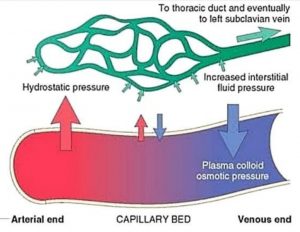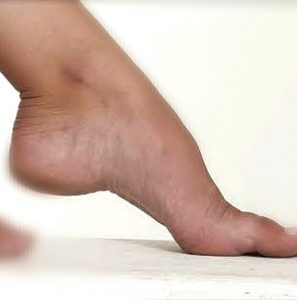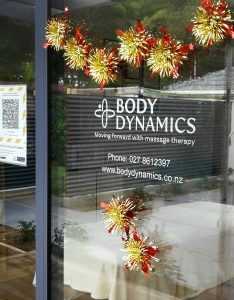Operating Within The Orange Light System in 2022
Hello All! I hope you had the opportunity to welcome the New Year with family and friends. Wouldn’t it be…
January 10, 2022
Hello All! I hope you had the opportunity to welcome the New Year with family and friends. Wouldn’t it be…
January 10, 2022
The negative impact of high blood insulin on the lymphatic system, Lipedema and Lymphedema.
May 26, 2021
Your Vagus Nerve is also known as the Pneumogastric Nerve. It sends sensory messages to the brain and relays motor…
May 24, 2021
Free Giveaway Valentine's Day Package worth $330.00! You can have your cake and eat it as well!
February 15, 2021
Congratulations to the two Lucky Winners of the Valentine's Day Draw!
February 15, 2021
The Why may foot pain relate to arches? Our feet is the foundation of our bodies. The functions of the…
February 10, 2021
Sometimes my colleagues and I encounter public members using the term “massage therapist” and “masseuse” interchangeably. That indicates the job…
January 7, 2021
Ushering the New Year into 2021!
January 4, 2021
Body Dynamics is closed on the 23rd December and reopen on the 20th of January 2021. What a year in…
December 24, 2020
It's almost that time of year now. Indulge in calmness, peace and enjoy a relaxation massage! You deserve it!
November 29, 2020